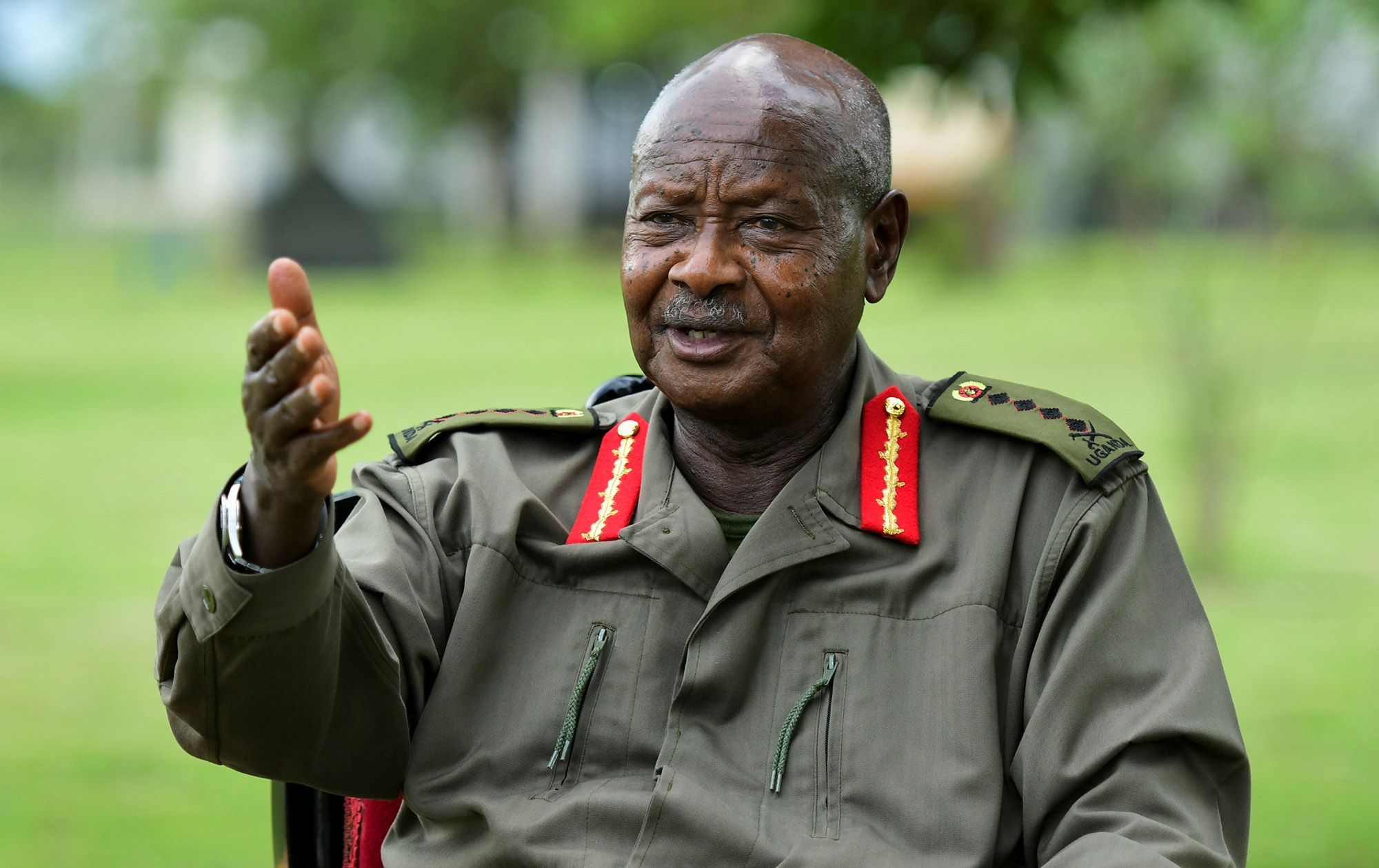Human Rights
President Museveni Warns Protest Organizers of “Playing with Fire”

KAMPALA, UGANDA — President Yoweri Museveni has issued a stern warning to the organizers of the upcoming anti-corruption march scheduled for Tuesday, cautioning that they will be “playing with fire” if they proceed with their plans. The protest, organized primarily by young Ugandans via social media, aims to demand an end to corruption in government.
Museveni’s Warning
In a recent televised address, President Museveni made it clear that the planned protest would not be tolerated. He accused the protest organizers of attempting to disrupt the nation’s progress, stating, “We are busy producing wealth… and you here want to disturb us. You are playing with fire because we cannot allow you to disturb us.”
Context of the Protests
The planned march draws inspiration from similar demonstrations in Kenya, where mass protests led by opposition groups compelled President William Ruto to retract proposed tax increases. The Kenyan protests have since evolved into broader calls for Ruto’s resignation, influencing Ugandan youth to stage their own anti-corruption rally.
Government’s Response and Accusations
President Museveni’s administration has taken a hardline stance against the protest organizers, accusing them of collaborating with foreign entities to incite chaos. He did not provide specific details regarding these allegations.
The Ugandan police have already denied permission for the march, citing security concerns. Despite this, Louez Aloikin Opolose, one of the main leaders of the protest, declared to AFP that they would proceed with the demonstration. “We don’t need police permission to carry out a peaceful demonstration. It is our constitutional right,” Opolose stated.
International Reactions and Sanctions
The UK and US governments have recently imposed sanctions on Uganda’s parliamentary speaker, Anita Annet Among, in response to corruption allegations. These sanctions include travel bans and asset freezes. Additionally, two former government ministers, Mary Goretti Kitutu and Agnes Nandutu, have faced legal charges over a scandal involving stolen roofing sheets intended for vulnerable communities in the Karamoja region. Both have denied the charges.
Regional Protests and Government Response
In neighboring Kenya, President Ruto has faced significant protests, with demonstrators demanding an end to what they describe as poor governance. The protests have resulted in violence, with at least 50 protesters killed and 413 injured since they began on June 18, according to the Kenya National Commission on Human Rights.
Kenya’s opposition leader, Raila Odinga, has expressed solidarity with the protesters, emphasizing the need for justice before engaging in talks with the government. This stance may complicate President Ruto’s efforts to include opposition members in his cabinet, a move intended to ease tensions and end the youth-led protests.
President Museveni’s warning to the Ugandan protest organizers reflects his administration’s firm stance against dissent. As the anti-corruption march approaches, the tension between the government and the protesters underscores the broader struggle for transparency and accountability in Uganda and the region. With similar movements taking shape across East Africa, the situation remains fluid and closely watched by international observers.
For further updates on the situation in Uganda and related developments, stay tuned to CMP News Publications.
